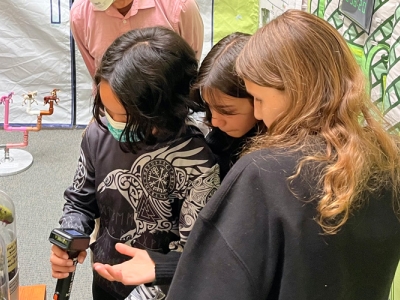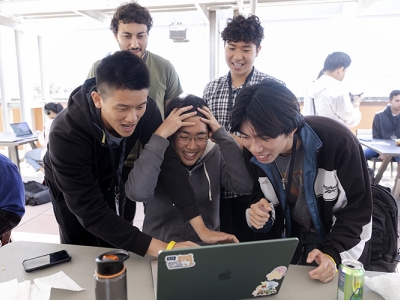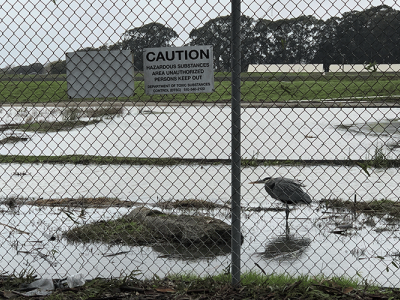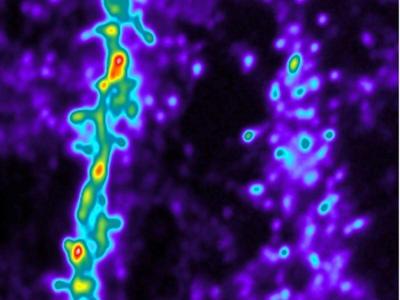Berkeley’s Institute for Data Science, Graduate School of Journalism, and partners will collect, curate and make accessible records that a 2019 state law unlocked for the public.
Research News
Learn more about UC Berkeley's researchers and innovators.
Showing 513 - 528 of 3500 Results
At least one group has found evidence that the rhythms of these pulsars are affected by the stretching and squeezing of spacetime by these long-wavelength gravitational waves.
Professor Juana Maria Rodríguez's new book relates intimate stories of Latinx sex workers from around the world and demonstrates the ways they have always “formed part of queer worlds.
Can you create an antivenom in time to stop a green plague from taking over the world? VENOMventure - aVENENOtura is a fun game for any family, thanks to UCMP.
A stiff jaw in mammals is thought to be a side effect of establishing a uniquely mammalian hearing system.
Dubbed “the Woodstock of Hackathons,” the event was hosted by Berkeley’s premiere startup accelerator, Berkeley SkyDeck, and Cal Hacks, a nonprofit that runs collegiate hackathons.
To Celeste Kidd the answer is simple: It’s dangerous and perhaps the most concerning aspect of generative AI’s rapid expansion.
New study demonstrates that hummingbirds happily sip from sugar water with up to 1% alcohol by volume, finding it just as attractive as plain sugar water.
A new study is the first to document how removing commission fees on trading platforms improves returns for the average trader.
A new report finds that rising groundwater levels in the San Francisco Bay Area could impact more than 5,200 state- and federally-managed contaminated sites at risk.
Karthik Shekhar has been awarded this scholarship for research on the evolution of neural diversity and patterning in the visual system.
Dan Schnur says last week's criminal indictment for mishandling top secret information and obstructing the federal investigation has given Trump a political boost.
A new study shows that, even lacking good error correction, there are ways to mitigate errors that could make quantum computers useful today.
Chemists are working to retool the cell’s polypeptide manufacturing plants to generate polymer chains more elaborate than what can now be made in a cell or a test tube.
One in which there is a plausible scenario that Trump shared classified information with other governments, including Russia’s.
California magazine talks with faculty, author, and research center director Dacher Keltner about his research on awe.
















